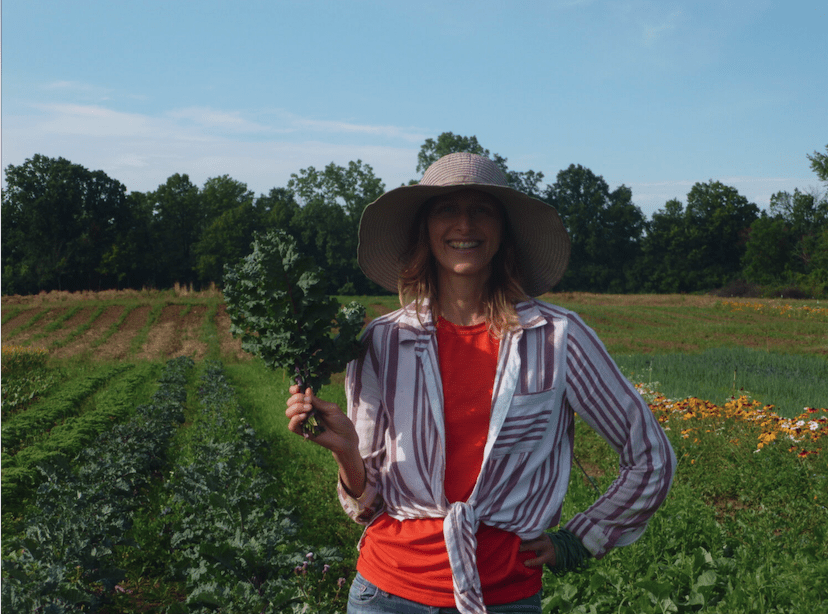By Jojy Michael, Fremont Morning Rotary Club, California and Andrea Wotan, Rotary Club of Ann Arbor North, Michigan (US)
From Jojy: On a cool, serene night of early spring, I watched the PBS documentary, Can We Cool the Planet, with over 25 Rotarians from clubs all over the US and Canada. This event on Saturday, March 27, 2021, was my first Rotary movie night. It was a unique experience since there was easy camaraderie before screening and earnest discussions afterwards. (You can sign up to participate in Movie Night by emailing Philip Paskal of the Rotary Club of Petaluma, California
“Can We Cool the Planet?” starts out with outlining the problem, human activity spews 37 Giga tons of CO2 each year into the atmosphere. We have cumulatively emitted 660 Giga tons of CO2 since the beginning of the industrial revolution. CO2 in the atmosphere warms earth by trapping solar radiation. 350 ppm (parts per million) is considered a safe level for CO2 in the atmosphere but it is approaching 410 ppm in 2021 (https://www.co2.earth/). We need to get the CO2 levels down as quickly as possible.
From Andrea: One activity that every child, woman, and man can take up to help the environment is to eat in a sustainable way. Animal agriculture is a major cause of deforestation and all the problems that come with it including climate change.
Protecting the world’s intact, pristine, tropical forests (like the Amazon) from further destruction is critical to maintaining natural carbon sinks (natural areas that absorb carbon dioxide from our atmosphere) and habit for imperiled species around the world. Unfortunately, our meat and dairy-heavy diets are exacting a devastating toll these forests and other habitats.
According to Our World in Data (OWID), “Every year the world loses around 5 million hectares of forest. 95% of this occurs in the tropics. At least three-quarters of this is driven by agriculture – clearing forests to grow crops, raise livestock and produce products such as paper.”
This chart, from an article by Hannah Ritchie on on OWID’s website, shows the primary drivers of tropical deforestation globally, averaged over the years 2005 to 2013. Beef, soy and palm oil account for about 60% of tropical deforestation worldwide. As the author notes, further observations since 2013 suggest that drivers have not changed substantially.
Ambaree Majumdar and Andrea Wotan, Co-Chairs of ESRAG’s Plant-Rich Diet Task Force, provided these scrumptious vegan recipes to prove you can eat sustainably and enjoyably. Ambaree is a member of the Marina City Rotary Club in Singapore and Andrea belongs to the Rotary Club of Ann Arbor, Michigan
Ambaree and Andrea are co-chairs of ESRAG’s Plant-Rich Diet Task Force.
Here is a selection of scrumptious vegan recipes from Andrea’s website.
Breakfast Tofu Scramble Extra-firm tofu, when crumbled, has a scrambled egg texture and, when paired with turmeric, a bit of an egg-like flavor, without any added cholesterol.
Black Bean Burrito (main)
This is an easy, filling and delicious recipe that is super versalite made with easily available ingredients. Black beans are legumes, high in protein that help in maintaining healthy bones, managing diabetes and other chronic diseases
Red Lentil Soup (side)
This is a simple and comforting lentil soup that is light, spicy and red in color. It can be added as a side to a main dish or can be enjoyed as a meal by itself.
Fruit & Banana Nice Cream.
Here’s one more dessert which is a taste-bud tantalizing variation on vegan chocolate ice cream
